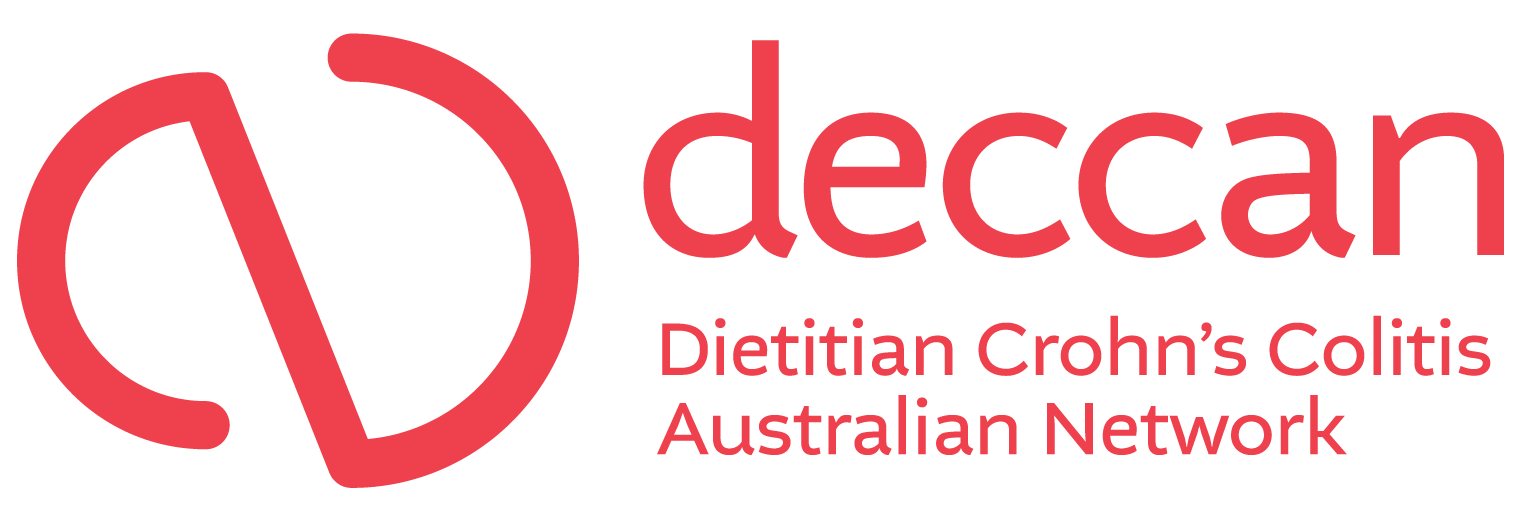
Dietitians can play a central role in the management of IBD. An IBD dietitian is a dietitian who specialises in inflammatory bowel disease (and other gastrointestinal disorders). They will have a good understanding of the gastrointestinal tract as well as the features, disease course and treatments of IBD. With this knowledge, a dietitian can help tailor a diet to meet the individual needs of someone with Crohn’s Disease or Ulcerative Colitis.
Specifically, an IBD dietitian can help with:
- Ensuring someone with IBD gets all essential nutrients, which may be particularly important for those with Crohn’s disease who have impaired absorption of nutrients;
- Provide diet therapy to treat active disease, in conjunction with the treating gastroenterologist;
- Changing diet to help control gut symptoms, such as abdominal pain, bloating, diarrhoea, constipation, which may or may not be related to gut inflammation;
- Guiding specialty diets if needed for complications of IBD, such as bowel obstruction, fat malabsorption, kidney stones;
- Optimising nutrition to help with recovery of surgery, if needed;
- Helping to manage symptoms commonly seen in people who have a stoma (artificial opening at the surface of the abdomen secured to a bag) or J-pouch (new rectum surgically made from joining the small intestine to the anus once the large intestine is removed); and
- Discussing the role of diet in preventing IBD development in those who are at high risk, and supporting remission in those who have IBD.
An IBD dietitian keeps up to date with current research and can help you sort fact from fiction and use evidence-based strategies to complement treatment provided by your gastroenterologist.
